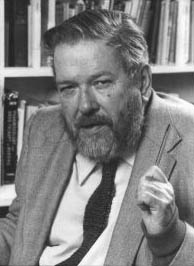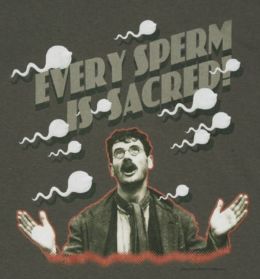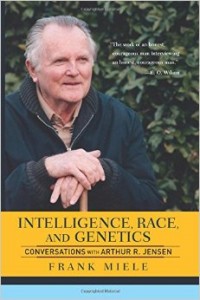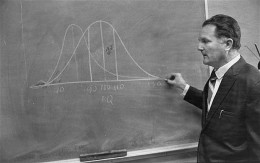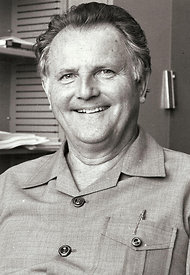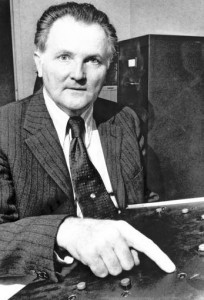
Photo courtesy of GoodFon.

Photo courtesy of GoodFon.
1,762 words
As black violence increasingly plagues American society, even the most milquetoast moderate whites are beginning to concede that something is amiss with blacks. But most are yet unwilling to identify the true source of the problem and instead cite things such as “Democrat-run cities” or “inner-city violence.” Other, more daring moderates argue that “black culture” contributes to the rising violence in our cities and must therefore be addressed. Both viewpoints are wrong. (more…)
